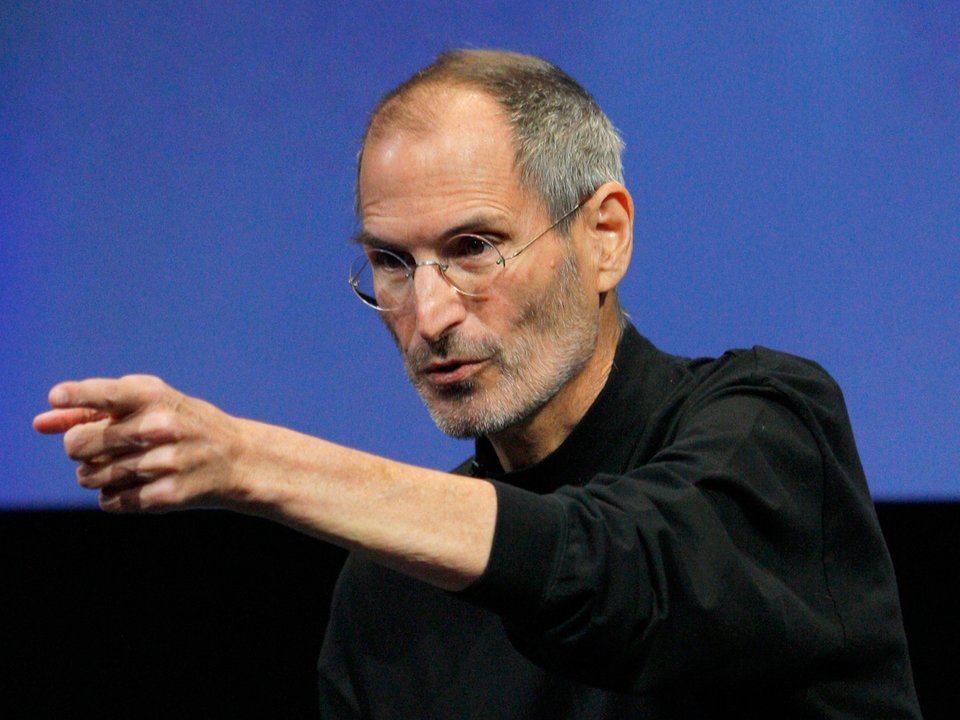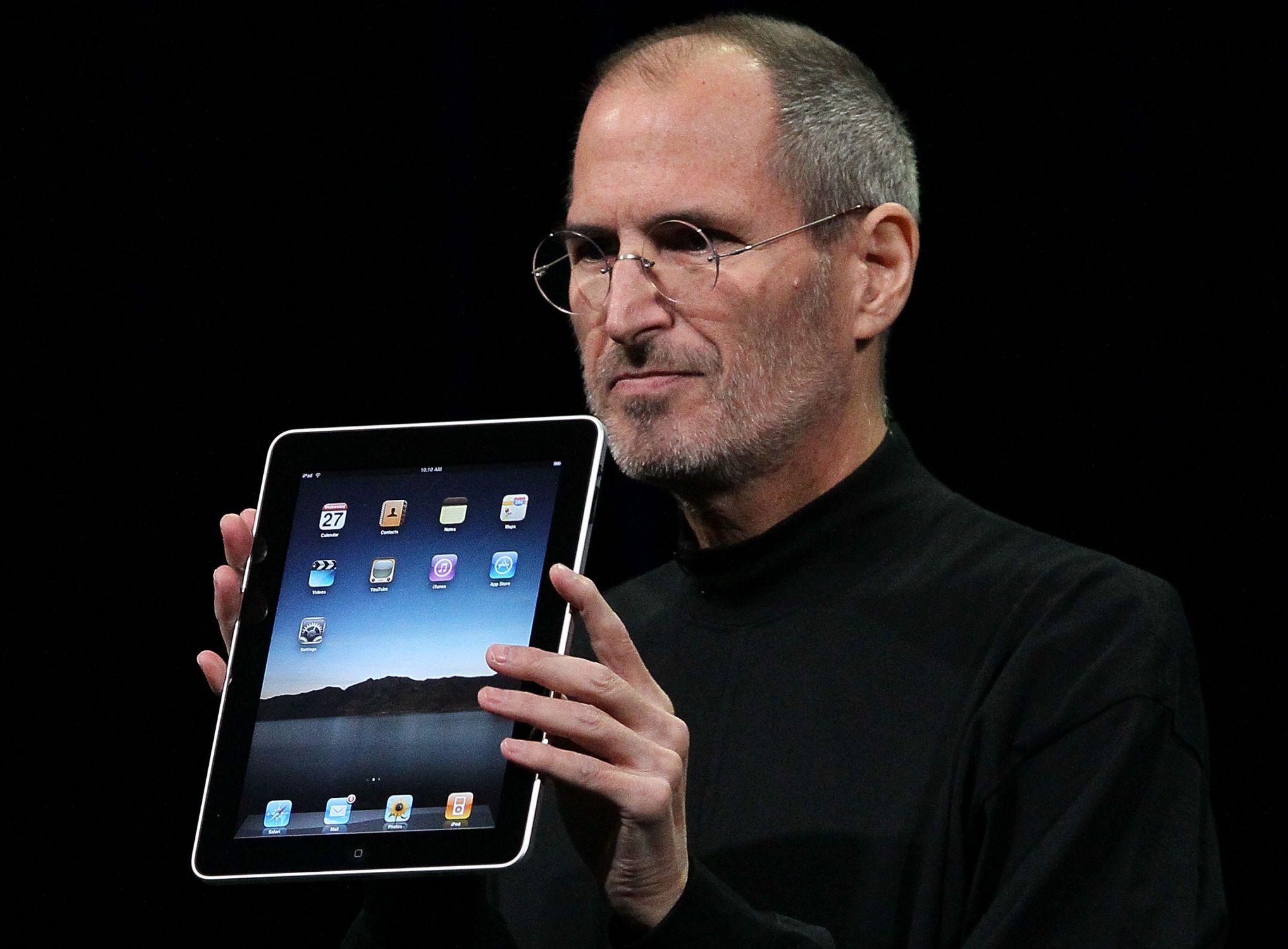During his time at the helm of Apple, Steve Jobs was notorious for either patting journalists on the back for articles about him, or – more often – he tended to explain to them what they had done wrong. Jobs' reaction did not escape even Nick Bilton from New York Times, who wrote an article in 2010 about the upcoming iPad.
"So your kids must love the iPad, right?" Bilton innocently asked Steve Jobs at the time. "They didn't use it at all," Jobs replied curtly. "At home, we limit how much our kids use technology," he added. Nick Bilton was frankly taken aback by Jobs' answer - like many other people, he imagined that the "Jobs' house" must look like a nerd's paradise, where the walls are covered with touch screens and Apple devices are everywhere. However, Jobs assured Bilton that his idea was far from the truth.
Nick Bilton has since met a number of tech industry leaders, and most of them have guided their children the same way Jobs did - severely limiting screen time, banning certain devices, and setting truly ascetic limits for weekend computer use. Bilton admits that he was actually very surprised by this way of leading children, because many parents profess the opposite approach and put their children off tablets, smartphones and computers every now and then. People in the field of computer technology, however, clearly know their stuff.
Chris Anderson, a former Wired magazine editor and drone maker, has set time limits and parental controls on every device in his home. "The children accuse my wife and me of fascist behavior and excessive care. They say none of their friends have such strict rules," says Anderson. “This is because we can see the dangers of technology first hand. I saw it with my own eyes and I don't want to see it with my children. Anderson was mainly referring to exposure of children to inappropriate content, bullying, but above all addiction to electronic devices.
Alex Constantinople of OutCast Agency banned her five-year-old son from using the devices completely during the week, her older children were only allowed to use them for thirty minutes on weekdays. Evan Williams, who was at the birth of the Blogger and Twitter platforms, simply replaced his children's iPads with hundreds of classic books.
Children under the age of ten are more susceptible to becoming addicted to electronics, so a complete ban on using these devices during the working week is a good solution for them. On weekends, they are allowed by their parents to spend between thirty minutes and two hours on the iPad or smartphone. Parents allow children aged 10-14 to use the computer during the week only for school purposes. Lesley Gold, founder of the SutherlandGold Group, admits to the "no screen time" rule during the work week.
It could be interest you

Some parents limit their teenage children's use of social networks, with the exception of cases where posts are automatically deleted after a certain period of time. Many parents who work in the field of technology and computing do not even allow their children to use a smartphone with a data plan until the age of sixteen, the number one rule is often a complete ban on electronic devices in the room where the children sleep. Ali Partovi, the founder of iLike, in turn puts a lot of emphasis on the difference between consumption - i.e. watching videos or playing games - and creation on electronic devices. At the same time, these parents agree that the complete denial of electronic devices may not have a positive impact on children either. If you are choosing a tablet for a child, we recommend tablet comparison, in which the editors pay special attention to i tablets for children.
Are you wondering what Steve Jobs replaced his children's smartphones and iPads with? "Every night the Jobs had a family dinner around a huge table in their kitchen," recalls Jobs biographer Walter Isaacson. "During dinner, books, history and other things were discussed. No one ever pulled out an iPad or a computer. The children did not appear to be addicted to these devices at all.”



